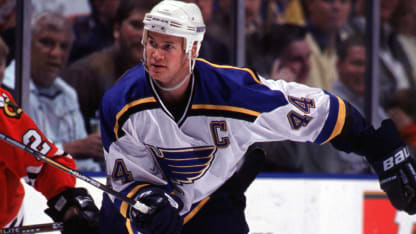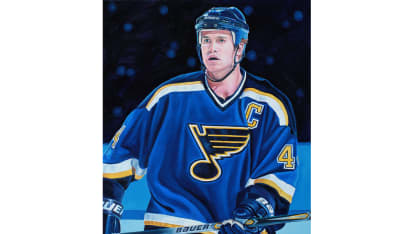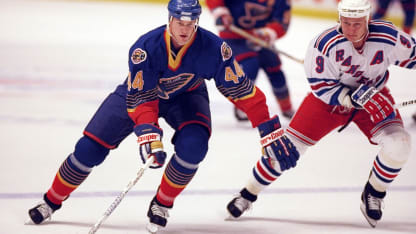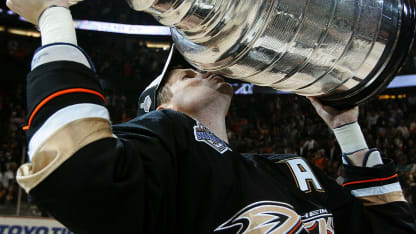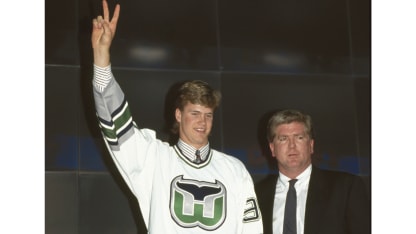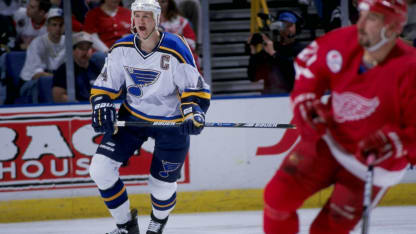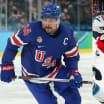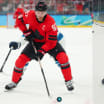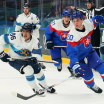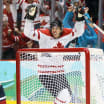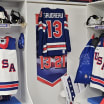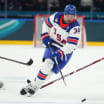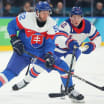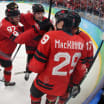"For us '07 was a great year and a great run for us, and that was obviously the year that Pronger won the Stanley Cup," Draper said. "We felt in that series -- it did go six games -- but it was as even a series as it could be, and he was impactful in that series and went on to win the Stanley Cup."
Current Calgary Flames president Brian Burke, who was Anaheim's general manager then, said of the Ducks in 2006-07, "I think the biggest difference was we added a defenseman. His name was Pronger."
Burke acquired Pronger in a trade with the Oilers prior to that season. As the Hartford Whalers GM, Burke selected Pronger, the Canadian Hockey League Defenseman of the Year with Peterborough of the Ontario Hockey League in 1992-93, in the 1993 NHL Draft, but left to work in the League office before getting a chance to see him play in the NHL.
"That was a great draft," Burke said. "There were a lot of good players in that draft, but that was the only guy I was interested in."
And Burke made sure to trade up in the draft to get him. The Whalers traded newly acquired forward Sergei Makarov and the No. 6, 45 and 58 picks in the draft to the San Jose Sharks for the No. 2 pick, which they used on Pronger. Hartford also sent the No. 31 choice to the Florida Panthers, picking at No. 5, to guarantee that they wouldn't take forward Viktor Kozlov, allowing him to be available for San Jose to select at No. 6.
